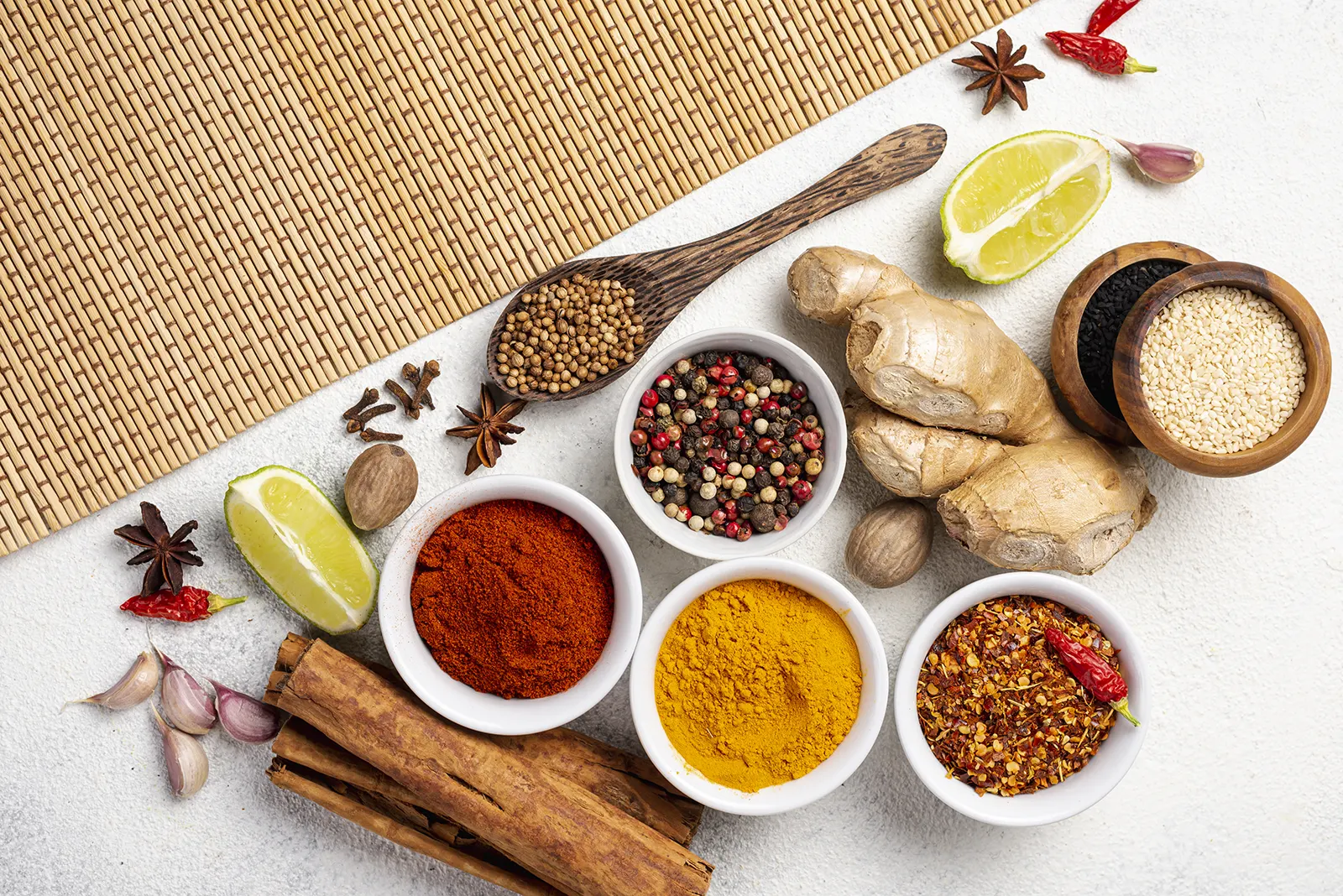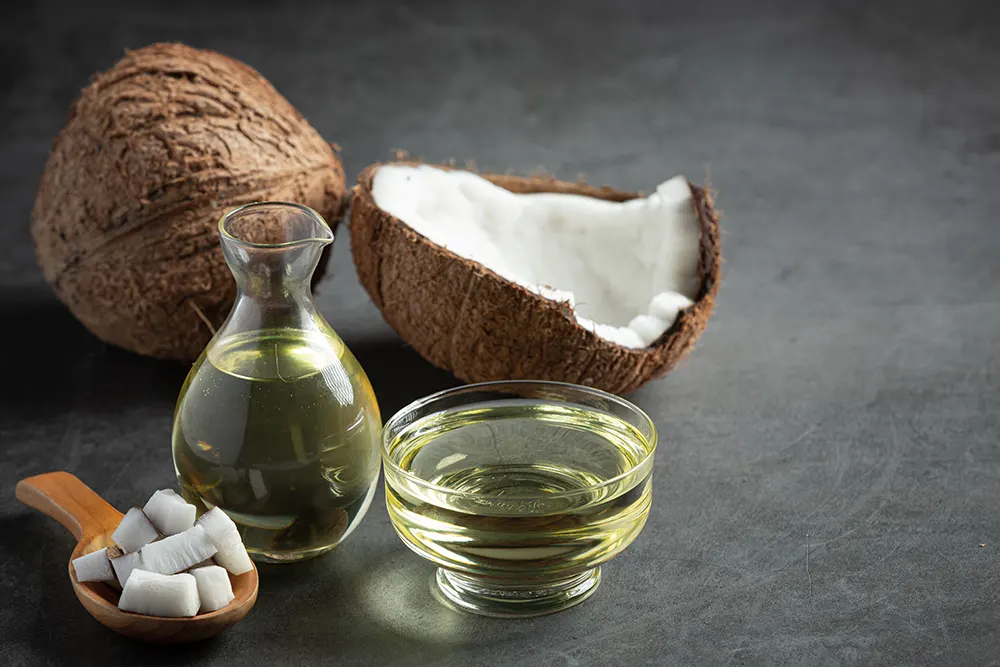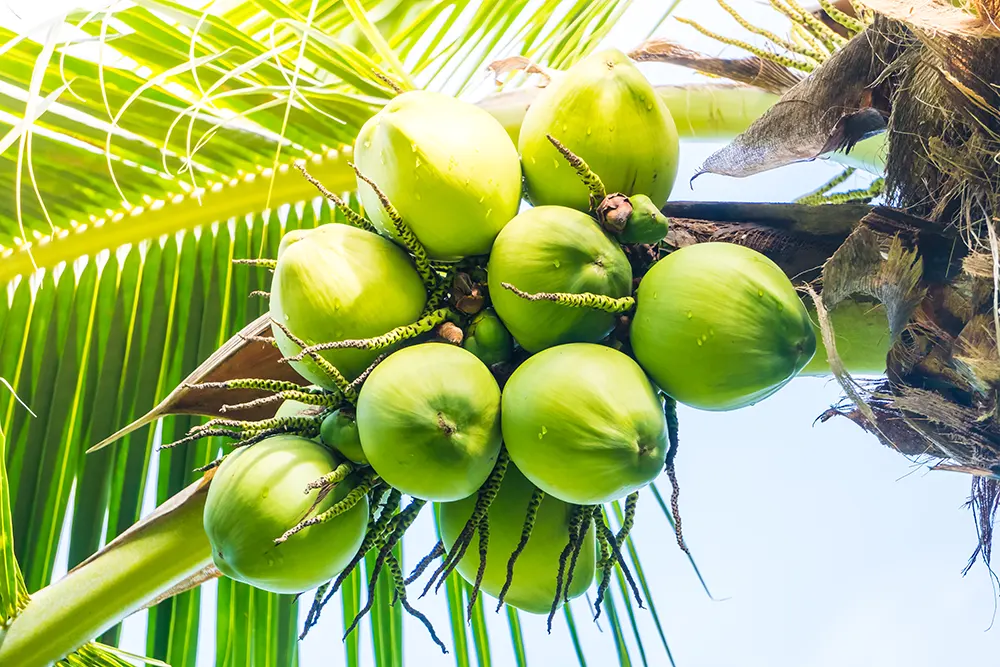Sri Lanka, formerly known as Ceylon, is a small island nation with a rich and diverse cultural heritage. Among its many contributions to the world, Ceylon spices stand out as a significant part of its legacy. These spices, which have been a cornerstone of the island's economy and culture for centuries, continue to play a crucial role in both local and global cuisine. In this blog post, we will explore the significance of Ceylon spices and their enduring impact on culinary traditions worldwide.
Historical Significance
The history of Ceylon spices dates back to ancient times. The island's strategic location along the ancient trade routes made it a hub for spice trading. As early as the 6th century BCE, Ceylon spices were traded with countries like Egypt, Greece, and Rome. The allure of these exotic spices was so powerful that it attracted numerous foreign traders, including the Arabs, Portuguese, Dutch, and British, each of whom left their mark on the island's spice trade.
The Portuguese were the first Europeans to establish a significant presence in Ceylon in the 16th century. They were followed by the Dutch in the 17th century, who further developed the spice trade. The British, who took control in the 19th century, expanded spice cultivation, particularly cinnamon, making Ceylon the world's largest exporter of this precious spice.
Culinary Impact
Ceylon spices are renowned for their unique flavors and aromas. Some of the most famous Ceylon spices include cinnamon, cardamom, cloves, nutmeg, and black pepper. Each of these spices has its own distinctive taste and culinary application, making them indispensable in kitchens around the world.
- Ceylon Cinnamon: Often referred to as "true cinnamon," Ceylon cinnamon is prized for its delicate, sweet flavor and subtle aroma. Unlike the more common cassia cinnamon, Ceylon cinnamon is soft and easy to grind. It is a key ingredient in both sweet and savory dishes, from pastries and desserts to curries and stews.
- Cardamom: Known as the "queen of spices," cardamom has a strong, aromatic flavor with hints of citrus and mint. It is used in a variety of dishes, including curries, rice, and desserts. Cardamom is also a popular spice in beverages, such as chai tea and coffee.
- Cloves: With their warm, sweet, and slightly bitter flavor, cloves are a versatile spice used in both sweet and savory recipes. They are often used in spice blends, marinades, and baked goods, adding depth and complexity to dishes.
- Nutmeg: Nutmeg has a warm, nutty flavor that complements both sweet and savory dishes. It is commonly used in baking, as well as in sauces, soups, and meat dishes. Nutmeg is also a key ingredient in traditional holiday recipes, such as eggnog and mulled wine.
- Black Pepper: Often referred to as the "king of spices," black pepper is one of the most widely used spices in the world. Its sharp, pungent flavor enhances a wide range of dishes, from meats and vegetables to soups and salads.
Economic Importance
The spice trade has been a vital part of Sri Lanka's economy for centuries. Even today, spices remain an important export commodity, contributing significantly to the country's agricultural sector. The global demand for Ceylon spices, particularly cinnamon, has continued to grow, driven by their exceptional quality and unique flavors.
In addition to export revenue, the spice industry provides employment opportunities for thousands of Sri Lankans, from farmers and laborers to processors and traders. The cultivation and processing of spices also support rural economies, helping to sustain communities and improve livelihoods.
Cultural Heritage
Ceylon spices are deeply embedded in the cultural fabric of Sri Lanka. They play a central role in the island's cuisine, traditional medicine, and rituals. Spices are used not only for their flavor but also for their medicinal properties, with many Sri Lankans incorporating them into home remedies for various ailments. The rich heritage of Ceylon spices is celebrated through festivals, markets, and culinary traditions. Visitors to Sri Lanka can explore spice gardens, where they can learn about the cultivation and processing of spices, sample freshly ground spices, and purchase authentic Ceylon spices to take home.
Conclusion
The significance of Ceylon spices extends far beyond their culinary uses. They are a testament to Sri Lanka's rich history, cultural heritage, and economic resilience. As the global demand for these exquisite spices continues to grow, Ceylon spices will undoubtedly remain a cherished part of the island's legacy, enriching the flavors of kitchens and cultures around the world. Whether you are a seasoned chef or a curious home cook, the magic of Ceylon spices is sure to inspire and delight.



